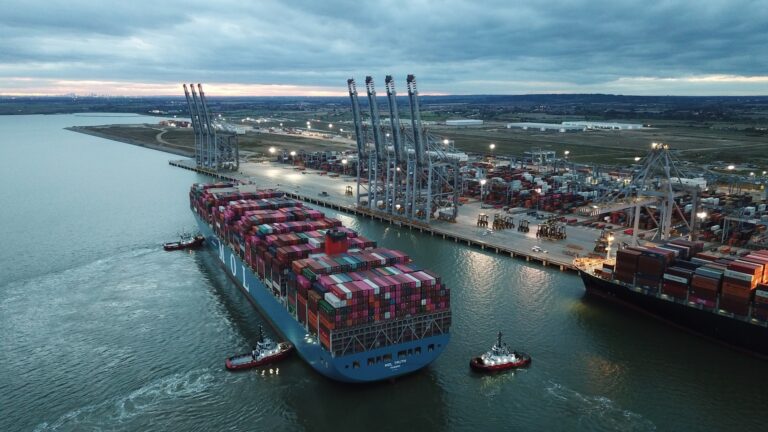Brexit was always going to test supply chain resilience. And it is coming down to the wire…
Let’s not get into the nuances of the ‘negotiations’ – for what they are worth – because they are for other columnists in other publications. What I’m concerned with is how Brexit will change the nature of logistics in the UK.
It was intriguing to see 3PL Xpediator tell investors yesterday that it was preparing itself and its clients for a potential hard Brexit. Not in that it had done the work to prepare, but in that it was notifying investors that it was ready for such an outcome. Supply chain resilience all of a sudden becomes a major box to tick for investors looking for safe investments. Frankly I’m surprised that more listed logistics businesses are not advising investors to the same level…
On the ground, the impact of Brexit is being seen in the property market.
See the huge investment DHL Supply Chain has made in port-centric logistics. Work has begun on 482,000 sq ft of warehousing space at DP World London Gateway – he second mega shed with an eaves height of 36m plus that the company has pre-let this year.
In April the company secured a pre-let on a 694,608 sq ft facility at SEGRO’s 6 million sq ft East Midlands Gateway scheme in Leicestershire.
DHL reported that it intended to service a contract for an international food manufacturer from the East Midlands site that necessitated a temperature-controlled storage area, which requires an extremely tall building.
Within that East Midlands Gateway application DHL noted that: “The [client] occupier’s original scope was to create three warehouses: one to be located in the South with two in the Midlands. However, by increasing the capacity at EMG, through the delivery of the High Bay area, the need for the third warehouse, elsewhere in the Midlands, has been eliminated.”
Whether the ‘one to be located in the South’ is the development at London Gateway is yet to be confirmed – the size of development at DP World shows the desire to reduce road miles, logistics costs and warehousing overheads could see a structural shift to port-centric logistics in the UK.
Perhaps, the days of swift imports and exports trunked trunked in and out of the Golden Triangle are over. As Savills notes, the combination of Covid-19 and Brexit means that supply chain resilience is aligning with port-centric logistics – which allows operations to store shipments near the port, reducing the number of handling stages throughout the storage and distribution process.
Will Brexit mean the end of the Gold Triangle, only to see Britain’s eastern shores renamed the Golden Coast? Supply chain resilience means it might…







